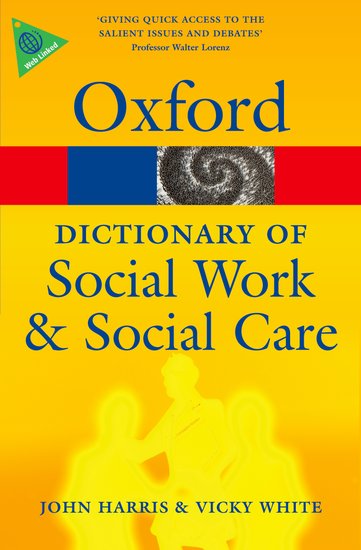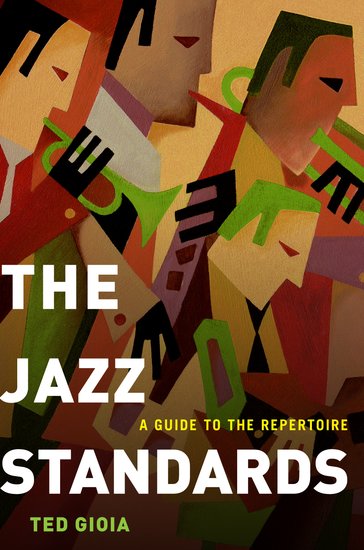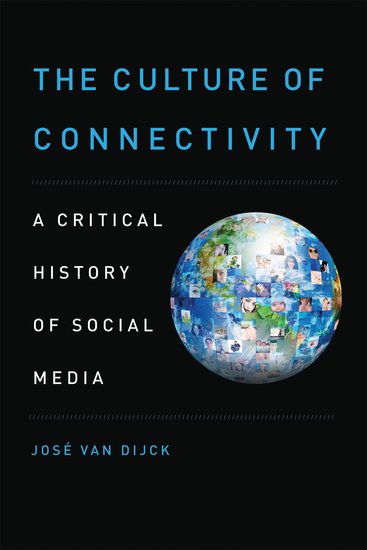The 1997 Anti-Personnel Mine Ban Convention
By Stuart Casey-Maslen
Derided by a number of major military powers when it was adopted, almost 16 years later the 1997 Anti-Personnel Mine Ban Convention is in pretty rude health. No fewer than 161 States have adhered to its provisions — the most recent being Poland in December 2012 – and few outside dare to use anti-personnel mines these days such is the stigmatisation of the weapon, even though a ban has not yet crystallised in customary law.
















